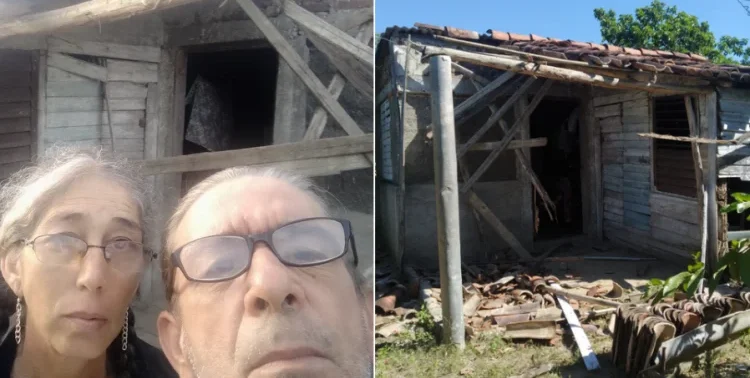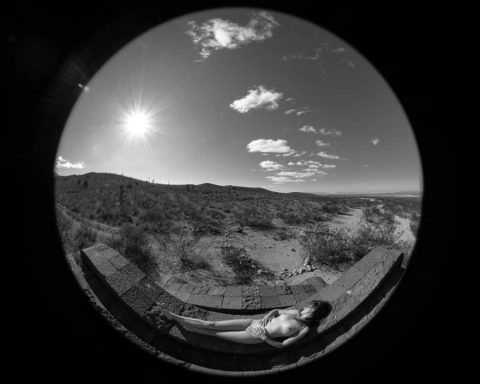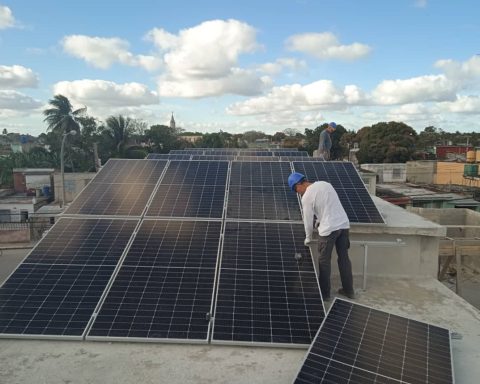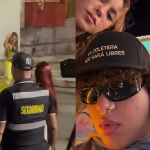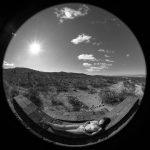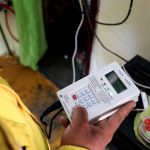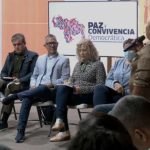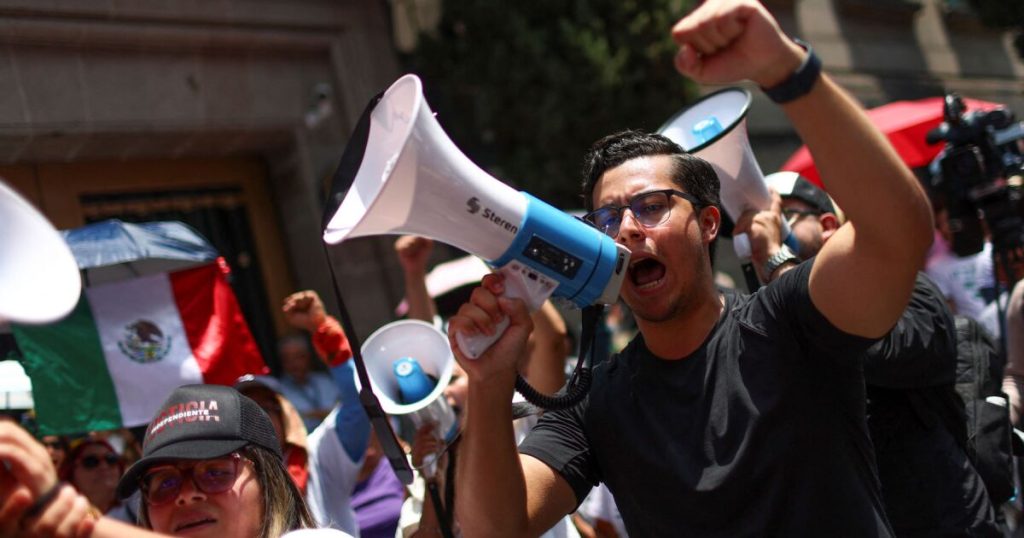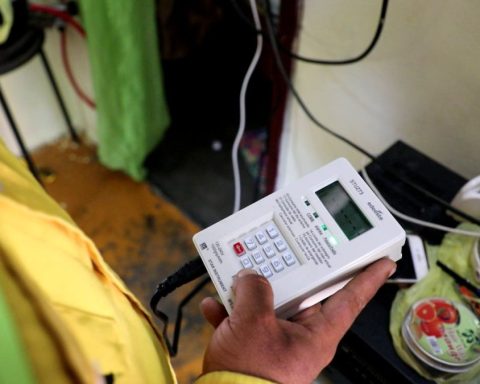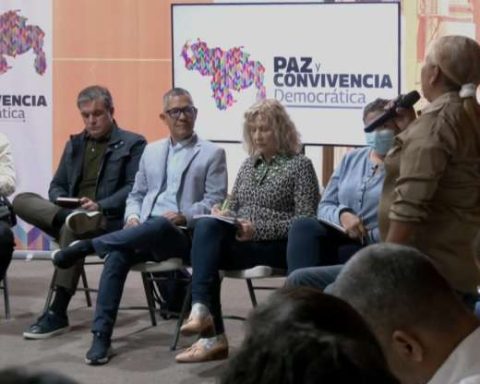HAVANA, Cuba.- Writer Ernesto Martí Rivero is one of the most recognized literary voices in the municipality Manicaragua, in the province of Villa Clara. He has published more than 15 books and has another vast list in production. But his recognitions and his contribution to the intellectual world of the province have not been enough to draw the attention of cultural institutions or political organizations to the difficult situation in which he finds himself.
“My wife and I are living in an uninhabitable place. It is a room and a bathroom. I am not a carpenter or anything like that, but 10 years ago, when I came here, I made a kind of kitchenette and a little doorway that I made for it collapsed and it has been like that for a long time. We are living in a desperate situation and my wife and I are sick,” he says. CubaNet the 56-year-old writer.
Rivero has published books such as Myths in the Harasay jungle, Adventures and memories, canvases and minstrels and The tree boy. His texts have been published by the publishing houses Letras Cubanas, Abril, Sed de Belleza and Capiro. Despite his prolific poetic creation and his prestige in literature, the writer lives in a terrible situation.
“I need money, or a little money now. Tell me what you can do to help with that. I mean dealing with my work, literature has no owner beyond the copyright that guarantees —when it happens— money, the right of property, and often the banality of the intellectual or the artist to flaunt the gift that in most cases leads to selfishness, envy and rivalry, evils that from their bearers end up harming us without compassion to those who, beyond intellectuality and talent, have never had anything.” he wrote on his Facebook profile on August 22.
“I have eight good unpublished books available to edit, sell, or any business that will at least resolve some of the situation I am in. I do not skimp on royalties, what is written is written for others who like or need the pleasure of literature now or through time,” he said in his message.
About this situation he explained to CubaNet: “I have dedicated my life to poetry. I have sacrificed everything for writing and I am not going to give it up. The fact that I sell my books and that there are people shedding tears because they know the value of an author’s work, I understand, but a book is not my life. My life is me. What is called a work is what someone leaves behind when they die.”
Martí Rivero explains that the government He gave her an “uninhabitable” house. “I have the papers for the land. The government knows the conditions it has, that it is uninhabitable. When they gave me the identity card, they gave me the number of the neighbor next door because my house is not really a house and you can’t put a number on it. So we are living there in misery.”
Rivero confesses his concern about the proximity of the usual September rains and the impact they may have on his “house”.
“September is coming upon us and we don’t know how it will come. I’m getting wet all over. We hadn’t said it. But all of that is the real situation,” he adds.
At the time of the interview, the writer had collected 800 pesos for two activities he organizes in Manicaragua and at the Provincial Book Center. “They are two unique activities that I give in a month,” he says. However, his dividends have no impact on covering his basic needs.
“We haven’t had water for two months. I spoke to a man about buying a tanker, but I couldn’t afford it when he told me the price. The first thing is to buy the oil for the tractor and bring it to me. It’s almost 2,000 pesos and I can’t afford it,” he explains.
“We bathe because I fetch buckets of water from a neighbour’s cistern who helps us. But we have unwashed clothes that were given to us as humanitarian aid,” she says.
The housing situation is compounded by his spinal illnesses, “which cause severe pain in his lower back,” and the complex ailments of his 53-year-old wife, who is also a writer.

“I have to walk with my wife because she gets tired and faints. And there are almost never any cars and I have to carry her on my shoulders to the hospital. We are both sick. My wife suffers from high blood pressure, heart disease, thyroid problems and a nodular goiter. She also has a rather deep anal fissure that I have had to treat for long periods. It is a reality that we try to hide, but I will not do so any more. I do not want to ask anyone for anything. I am not defending any government or any political position. I am defending my peace and tranquility.” There is nothing in the hospitals. “I spent 25 days in a hospital during the COVID-19 period because the doctors didn’t dare to operate on her because they didn’t have enough contrast liquid to see her properly beforehand. In the end they had to cut her up,” she says.
Rivero points out that the institutions know his entire situation and does not hide his annoyance at the evasive measures that have been put in place to get him into the Union of Writers and Artists of Cuba (UNEAC) despite having a consolidated body of work.
“I have applied to UNEAC several times, but I don’t know what the mystery is. I am a writer anyway and all writers are united, at least those who are like me. I also left my combatant card in a suitcase. They never wanted to give me the UNEAC card, but I am angry enough to belong to that institution,” he says.
Martí Rivero carried out an artistic promotional project of which he is president. He explains: “I am working hard on this, without charging a penny, I know that it is important for society and the government, but I do it because I like it. Here I have the full profile of this company and I have created several projects for creation and literature. At the time I donated the book to the Hermanos Saíz Association Canvas and minstrels. That belongs to the nation, not to this or that government. To the nation.”
The writer points out that despite all the seriousness of his situation he will never abandon the literature, who has been researching various topics related to literature for the last stage, and says: “I have books to type. But I don’t have a computer. A friend from Spain sent me one, but it was broken. I had to sell it to buy a phone. I have about 15 books and eight on a memory stick. I wrote a novel called The book of the deer with two variants, one for children and one for young people. Those of us who love literature will continue to do so, even if it is under a rock.”
